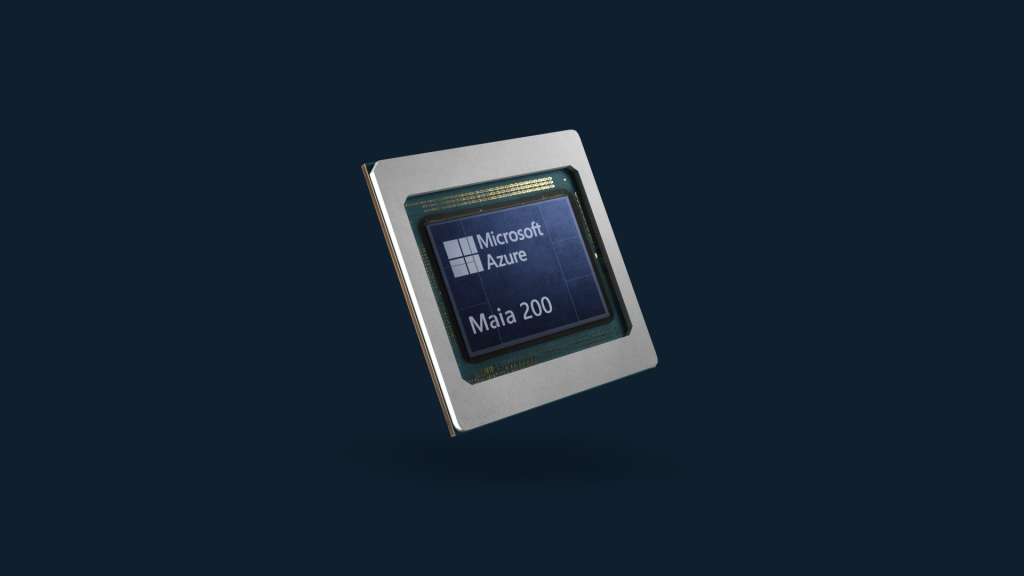Shares of Twitter (TWTR +0.00%) bounced nearly 4% on Oct. 16 after former Microsoft (MSFT +2.23%) CEO Steve Ballmer announced that he had bought a 4% stake in the social network. The investment makes him the third largest individual investor in Twitter after co-founder Evan Williams, who owned 6.9% as of August, and Saudi Prince al-Waleed bin Talal, who owned over 5% as of October. Returning co-founder and CEO Jack Dorsey only owns about 3%. In a tweet, Ballmer praised Dorsey for making the company "leaner" and "more focused."

Source: Pixabay.
Some investors saw the tech veteran's investment as a huge vote of confidence for the struggling social network, but others weren't so sure. After all, Ballmer repeatedly dismissed dangerous competitors, missed technological shifts, and made bad investments during his 14 years as Microsoft's CEO. Therefore, is Ballmer's investment in Twitter actually a contrarian warning to sell this stock? Or has Ballmer matured as a tech investor without the pressures of being Microsoft's CEO clouding his outlook?
Ballmer's made mistakes ...
To understand how Ballmer thinks, we should look back at his biggest investments as Microsoft's CEO. Back in 2007, Microsoft acquired aQuantive, a digital advertising company, to compete against Alphabet's (GOOG +0.40%) (GOOGL +0.40%) Google. Unfortunately, Google was already too deeply entrenched in that market. In 2012, Microsoft wrote off $6.2 billion of the $6.3 billion acquisition.
When Apple (AAPL +1.14%) launched the first iPhone in 2007, Ballmer mocked its price tag and declared that it wouldn't "appeal to business customers because it doesn't have a keyboard." He then boasted that Microsoft was selling "millions and millions and millions of phones" and that Apple wouldn't gain "any significant market share." Today, iPhones account for 14% of all smartphones worldwide, according to IDC. Windows Phones account for less than 3%.
After Google launched Android in 2008, Ballmer still didn't respond to demand for touch smartphones and mobile apps. Instead, the company waited until 2010 to release Windows Phone 7, its first multitouch mobile OS. By then, iOS and Android had dedicated user bases that prevented Windows Phone from gaining traction. In response, Ballmer bought Nokia's handset business for $9.5 billion. That effort flopped, and Ballmer's successor, Satya Nadella, had Microsoft take a writedown of over $7.6 billion on the business.

Windows Phone was a costly mistake for Microsoft.
But Ballmer "gets" social
Those acquisitions are often cited as examples of Ballmer's inability to see the forest for the trees. However, most critics don't give Ballmer enough credit for making smart social media investments.
In 2007, Microsoft bought a 1.6% stake in Facebook (FB +0.09%) for $240 million. Many critics mocked Ballmer's investment at the time, since it valued the fledgling social network at $15 billion. Today, Facebook has a market cap of $275 billion. In Facebook's pre-IPO days, Microsoft and Facebook collaborated on advertising and search initiatives. However, Microsoft sold some of its position after Facebook's IPO in 2012, which gave it less clout to negotiate partnerships. Nonetheless, the investment is now remembered as one of Ballmer's smartest moves as CEO.
In 2011, Microsoft bought Skype for $8.5 billion. At the time, it didn't make much sense since most users didn't pay for Skype. But today, it has 300 million active users worldwide and has become Microsoft's answer to Apple's iMessage and FaceTime. It's unclear if Skype is profitable, but Ballmer recognized it as a growing social tool which enhanced Windows.
In 2012, Microsoft bought Yammer, an enterprise social network, for $1.2 billion. A year after the acquisition, total subscribers rose 55% annually to 8 million. Ballmer, realizing that Office 365 needed a social component for collaboration, integrated Yammer into the cloud-based productivity suite with a single sign-on platform.

Yammer. Source: Google Play.
So, what does that mean for Twitter?
Steve Ballmer might have a lousy track record with mobile devices, but he's had a better eye for social networking and communication tools. Therefore, I don't think Ballmer's investment in Twitter is a contrarian indicator to sell the stock.
However, I also don't think bullish confidence is justified, either. Twitter still faces daunting challenges ahead in streamlining its platform with Project Lightning, spurring mainstream interest, and getting advertisers to pay more for more clicks. Dorsey made a smart opening move by renewing the company's priorities and cutting jobs, but I'd like to see a few quarters of sustainable improvement before buying any shares.











